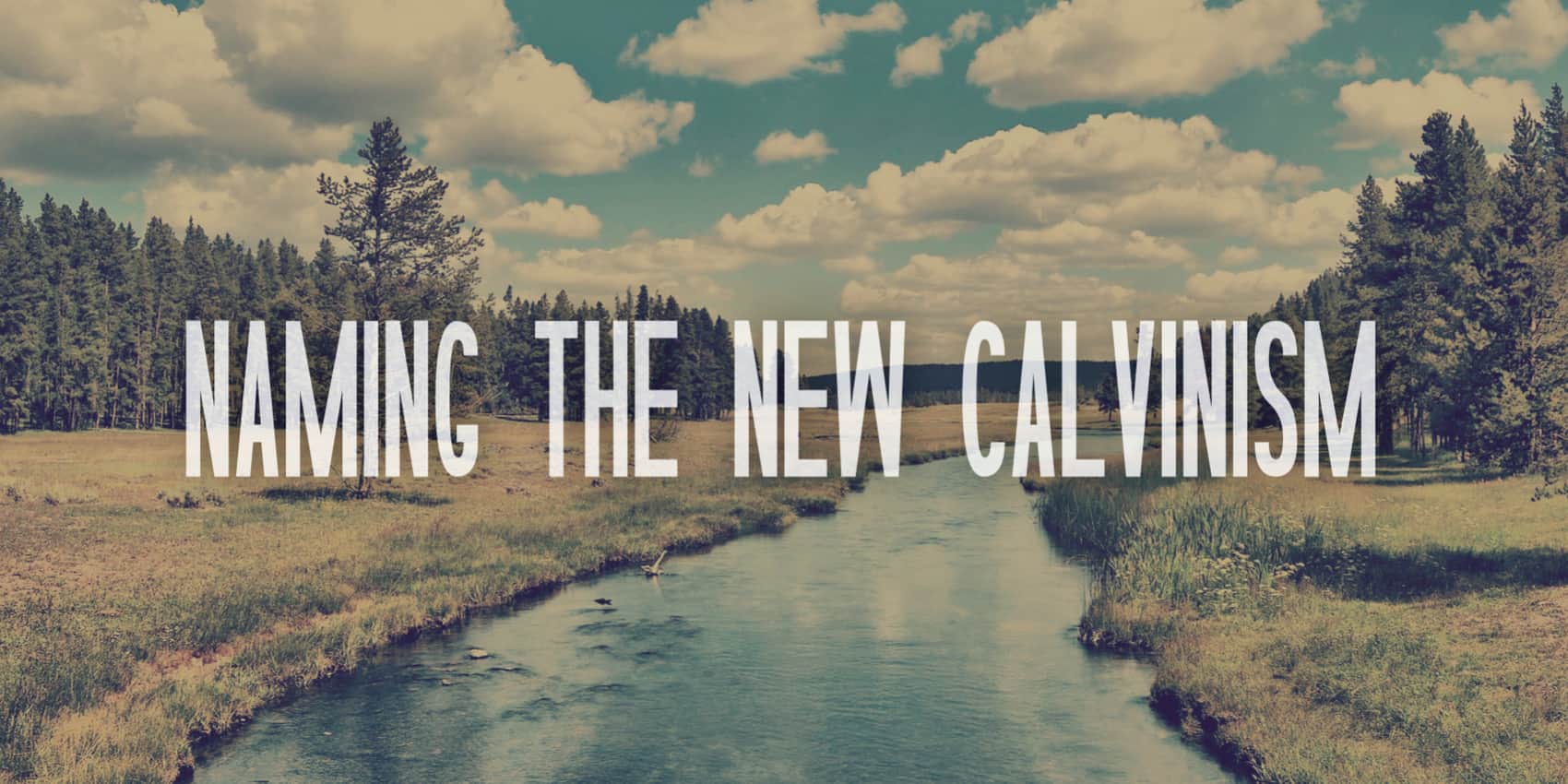
The mention of Calvinism may provoke revulsion or comfort—but it rarely produces apathy.
“Calvinism,” journalist H.L. Mencken opined in 1937, “occupies a place in my cabinet of private horrors but little removed from that of cannibalism.” Mencken included these words in his obituary for J. Gresham Machen, a Presbyterian theologian who whispered on his deathbed, “Isn’t the Reformed faith grand?” The same doctrines that elicited exultations from the lips of one man incited comparisons to sautéing your next-door neighbor in another. Perhaps it shouldn’t surprise us, then, that the most recent surge of interest in Reformed theology has ignited joy in some hearts and panic in others.
Over the past several years, an overabundance of possible names for this movement has also sparked no small measure of confusion. “Young, restless, Reformed” was the nomenclature that Collin Hansen selected for an article and book about his journey with “the new Calvinists”—a group that’s also been dubbed “neo-Reformed,” “neo-Calvinist,” and even “neo-Puritan.”
Regardless of where you stand or where you land on the issue of Reformed theology, this multiplicity of labels is probably not helpful. With that in mind, let’s take a look at a few of these labels and consider, at the very least, which ones might be the least problematic.
The Manifold Meanings of “Calvinist”
I should probably confess from the outset that I’m a Reformed Baptist who has never willingly embraced the epithet “Calvinist.” I served nearly two decades on pastoral staffs in three different churches, and—as far as I can recall—I used the word “Calvinism” a grand total of three times in my teaching: twice when leading church history classes, and once in a sermon to describe how George Whitefield was able to work with the Wesley brothers for the sake of the gospel. A variety of Reformed and non-Reformed perspectives mingled together in all of these congregations, and church members consistently cooperated with charity on this issue. And still, I avoided the word “Calvinism” whenever possible. One reason for this deliberate omission was because I was never quite certain that what I meant by “Calvinism” was what my congregants understood when they heard the word—and this semantic confusion isn’t limited to laypeople! R.A. Muller, a preeminent scholar of the Reformation and post-Reformation eras, lists no fewer than three possible functions for the word “Calvinism”:
(1) Calvinism is what John Calvin himself taught—in which case Calvin himself could very well have been the only Calvinist;
(2) Calvinism is what John Calvin’s followers taught—which could be problematic since none of these followers deliberately or intentionally followed Calvin’s teachings;
(3) Calvinism is a synonym for the Reformed tradition—which raises the question of whether the Reformed tradition stands in continuity with Calvin as well as whether both terms are helpful if it’s not possible to draw any clear and meaningful distinction between them.
These ongoing definitional disparities shouldn’t surprise us, given the origins and history of the term “Calvinist.” In Calvin’s own lifetime, the willing acceptance of such a title would have been seen as ridiculous at best, offensive at worst. John Calvin was far from the sole, or even the primary, architect of Reformed theology. The epithet first emerged near the end of John Calvin’s career in Geneva—but not among Calvin’s supporters, and certainly not as a compliment. Lutheran theologians took up the term in the mid-sixteenth century for the purpose of disparaging Calvin’s perspective on the presence of Christ in the Lord’s Supper.
It wasn’t until the eighteenth and nineteenth centuries that “Calvinism” expanded to describe Reformed theology as a whole and eventually to denote five specific points about salvation—points that were first articulated as a settled set in 1619 at the synod of Dort, more than a half-century after Calvin died! Abraham Kuyper labeled this usage of “Calvinist” and “Calvinism” the “confessional use” that described an “outspoken subscriber to the doctrine of foreordination.” In time, “Calvinism” came to be applied not only to Presbyterians and other historically Reformed churches but also to Baptists who embraced the five points from Dort.
I tend to think that, if the term “Calvinism” is used at all, it ought to be reserved for theological perspectives that stand in clear continuity with Calvin’s own teachings. (Why call something “Calvinist,” after all, if it can’t be clearly traced to any claim or confession that derives from Calvin?) I would further suggest that “Calvinism” should center on Calvin’s views of church order and ordinances, since Calvin’s ecclesiology and sacramentology were far more distinct in the eyes of his contemporaries than his soteriology. What this means practically is that, if someone asks me whether I’m a Calvinist, my answer is, “That depends on what topic we’re talking about”—and it also makes me wonder if, perhaps, the term “Calvinism” has come to mean so many things that, ultimately, it ends up meaning nothing at all.
To read the remainder of this article, click here.
